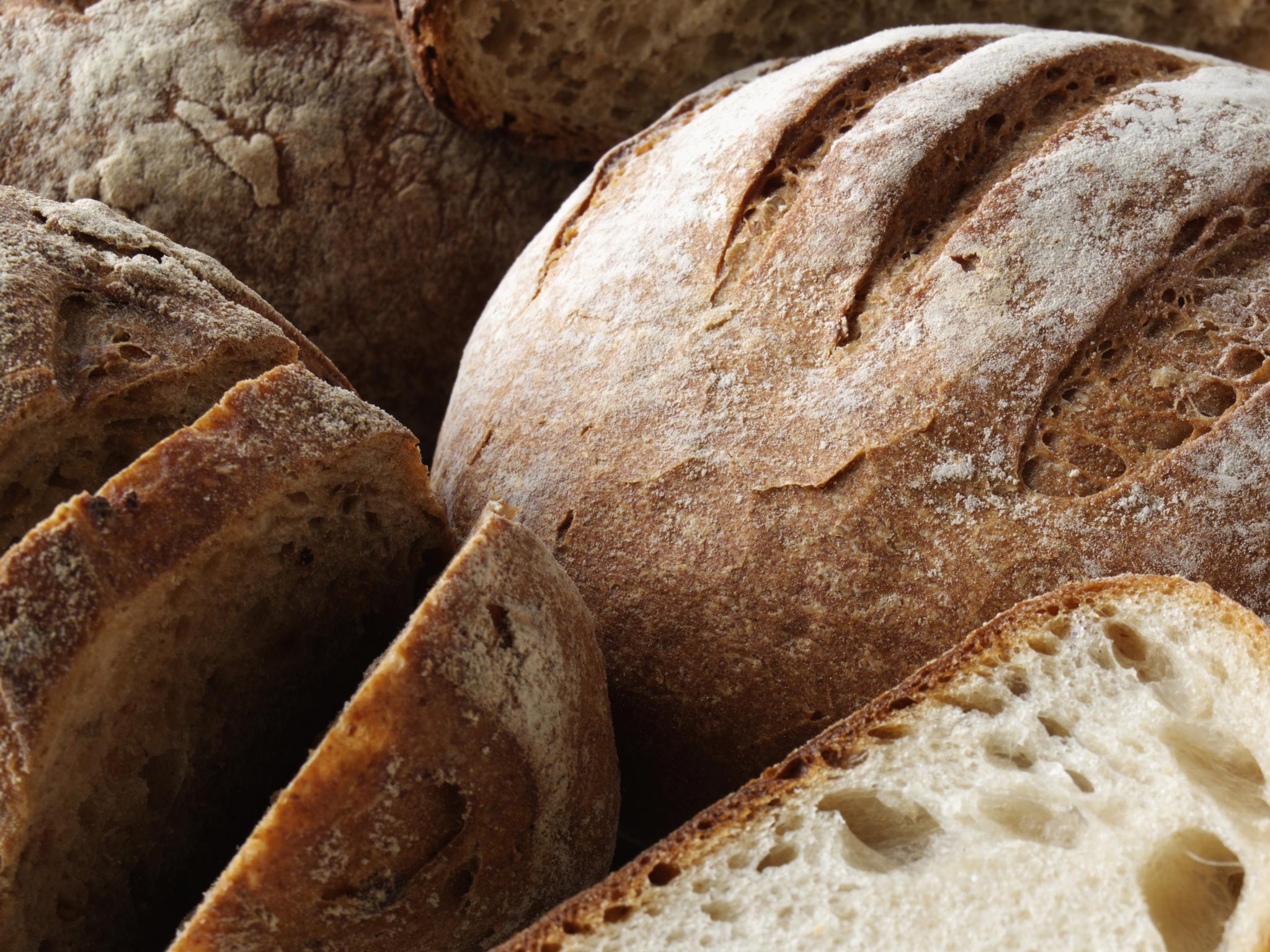Samuel Muston: Give us our daily artisan bread

Last Saturday morning, I ate a bacon sandwich. Now, you might say, "So what? I had two yesterday." Which is all very well, but for me it's an unusual event. A carb-heavy breakfast usually has me lolling back to the land of Nod, but my friend Fifi was cooking the bacon and my hangover was about eight on the Richter scale, so I went with the flow.
With the pig sizzling in the pan, my only task was to sort the bread (to butter, not to butter, that sort of thing). So I grabbed the loaf, smeared some Jersey butter on it, arranged the bacon in pink parallel lines and took it through to the lounge to eat it in peace.
I walked in and it was as if I'd done so while wearing the pig's head as a fascinator. "You… having white bread? Well, I didn't think I'd ever see that," said my other friend Max, wearing a look of absolute triumph. "You always have sourdough," he continued. And he was right, too – I do.
Once, maybe twice, a week, I go on a little pilgrimage to the E5 Bakehouse in Hackney, London and pick up a large sourdough loaf. And so begins the weekly eat-all-the-bread-before-it-goes-hard game, which is a necessity given a loaf costs £3.50. What this has done is breed in me the habit – now seeming a little unfortunate – of haranguing people about the horrors of mass-produced sugary white sliced bread.
So there I was, bread-shamed and ready for the onslaught. "You see, this is what I've been saying – it isn't worth the money," Max said. "You are just a bread snob."
Now, this stung a bit. Because like all good teases, it contained some truth – for me and foodies in general.
For some, the loaf on your table is as much a social signifier as the watch on your wrist or the car in your drive. You go to some people's houses for dinner and they announce what's in their loaf as if it were composed of precious jewels. The rarer, the better, too: if you can source a Mongolian flatbread made from pumpernickel and sourdough rye, you are winning at bread bingo.
The thing is, though, while the more egregious examples of bread snobbery are obviously a little, well, daft, somewhere hidden deep in there is a grain of sense. Speak to any dietician and they will tell you that a mass-made, additive-packed loaf has all the nutritional value of a beer mat.
A sourdough loaf, in contrast, is like the bread that came down from heaven, to misquote St John ever so slightly. Lactic acid in the sourdough neutralises the phytates in the flour, which means the vitamins and minerals in the mix are more readily available for absorption. Plus, the acids slow down the rate at which the glucose is released – which means there are no nasty insulin spikes.
There is something else, though, too. Getting the bus to your local bakery and eschewing the Tesco is making a statement. What you're saying is: "I believe in this product and all that comes with it; I want to support a small-scale, local business that strives to produce a top-notch product using the best ingredients they can get – and I'm willing to put my hand in my pocket to get that."
So you may get the piss taken out of you when you are hungover and making your breakfast, but surely it is better to be a bread snob than to miss out on one of the rare things in the world that tastes better and actually is better for you at the same time.
Join our commenting forum
Join thought-provoking conversations, follow other Independent readers and see their replies
Comments
Bookmark popover
Removed from bookmarks